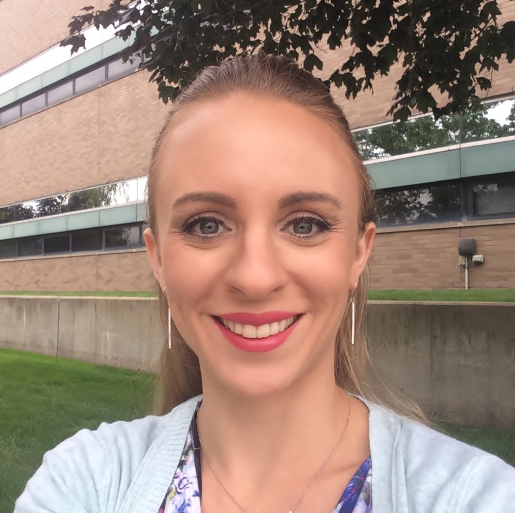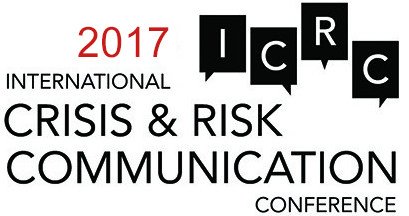
Doctoral Candidate
Wayne State University
United States of America
Debbie Sellnow-Richmond is a doctoral candidate in the Department of Communication at Wayne State University. Her research focuses on the relationships that clients develop with nonprofit organizations, as well as the efficacy and/or unforeseen effects of public relations messages in health/organizational crisis contexts. Her research in public relations has appeared in the Journal of Applied Communication Research, and received top paper in the Public Relations Interest Group at the Central States Communication Association Conference. Debbie has experience teaching courses in public relations, organizational, and health communication. Her professional experiences in community-centered campaigns at the state-, national-, and international-level.
CDC Employee Reflections on the Anthrax Experience: Understanding Tensions in Organizational and Individuals’ Constructions of Risk and Role Identities
Co-author and co-presenter: Julie Novak, Ph.D., Wayne State University
In the fall of 2001, almost immediately following the terrorist attacks on September 11, the United States experienced the Anthrax attacks, acts of bioterrorism. In response, the Centers for Disease Control (CDC) emerged as one, if not the, governmental agency responsible for managing and resolving this public health crisis –among possible others such as political, social, and financial–of potentially devastating magnitude. Since then, the nation also has looked to the CDC when faced with additional crisis scares, including Avian flu, Swine flu, and Ebola.
As the premier national public health agency, the CDC is “concerned with protecting the health of entire populations” (cdc.gov, 2014). Prior to 2001 and in ongoing practice, the CDC’s approach to protecting the nation’s health relies on a planned and purposeful process of conducting critical science and providing health information to protect against “expensive and dangerous health threats” (cdc.gov). This mission and scope of practice prompts an organizational construction of risk as societal, macro by nature, with ontological and epistemological underpinnings of import requiring further scrutiny.
Employees, who communicatively constitute the CDC, presumably adopt this societal perspective as they construct understandings of uncertainty when confronted with risk and evolving crises. Concurrently, they engage in response work activities as well develop and disseminate messages to citizen publics and individuals on advisable steps of action. Whether these actions, either by employees or citizens, derived within a societal construction of risk correspond to personal constructions of risk and enacted behaviors remain to be further explored, theoretically and in practice.
The researchers engaged employees at CDC in reflective interviews about their experience during the Anthrax crisis, then five years later. By utilizing Babrow’s Theory of Problematic Integration, we examined the reflective interviews to uncover constructions of risk and understand enacted activities/behaviors. The interpretive analysis revealed multiple, coexisting constructions of risk, tensions between risk constructions and role identities, and frequent incongruence between desired and enacted behaviors/behavioral outcomes.
Our presentation examines (using employee interviews and theory application) the lived experience (the human component) of navigating crisis communication with its intended and unintended consequences. The employees retrospectively revealed tensions in constructions of risk and role identities from crisis onset, crisis response, post-crisis, and pre-crisis planning. By understanding these complexities, organizations charged with managing risk/crises may identify new strategies, specifically for assisting employees as well as citizen publics and citizens. These strategies may help organizations and employees within organizations to better manage tensions and issues of resilience.


